If you have recently lost your job, dealing with an onslaught of bills is overwhelming. You want to protect your family and keep them in their home, but mounting financial pressure makes that problematic. Bankruptcy is a standard tool used to help people avoid further economic downfall.
The goal of bankruptcy is to work with the courts to develop a manageable payment plan or eliminate debts via discharge.
What is debt discharge?
In simple terms, discharging debt means getting rid of it. Any obligations that the court decides to remove are no longer your responsibility. A judge will declare you no longer personally liable for any amount forgiven. Collectors will be legally required to stop contacting you about these payments in the future.
What debts are dischargeable?
A vast majority of liabilities are forgivable. Pardoned balances often include car and housing loans, credit card bills, utility bills and medical bills. All obligations you wish to have eliminated have to pre-date your filing. They must also be free of fraudulent activity.
What debts are not dischargeable?
While discharge can wipe out most monetary baggage, certain things do not qualify for dismissal. Obligations not eligible for forgiveness include:
- Fines stemming from criminal charges
- Bills for injuries suffered while under the influence of drugs or alcohol
- Student Loans
- Unpaid taxes
- Money owed to retirement funds
- Child support commitments
- Alimony payments
Filing for bankruptcy sounds scary, but the relief it brings comes with a second chance at your future. Understanding if your debts are eligible for a discharge is the first step towards financial freedom.


